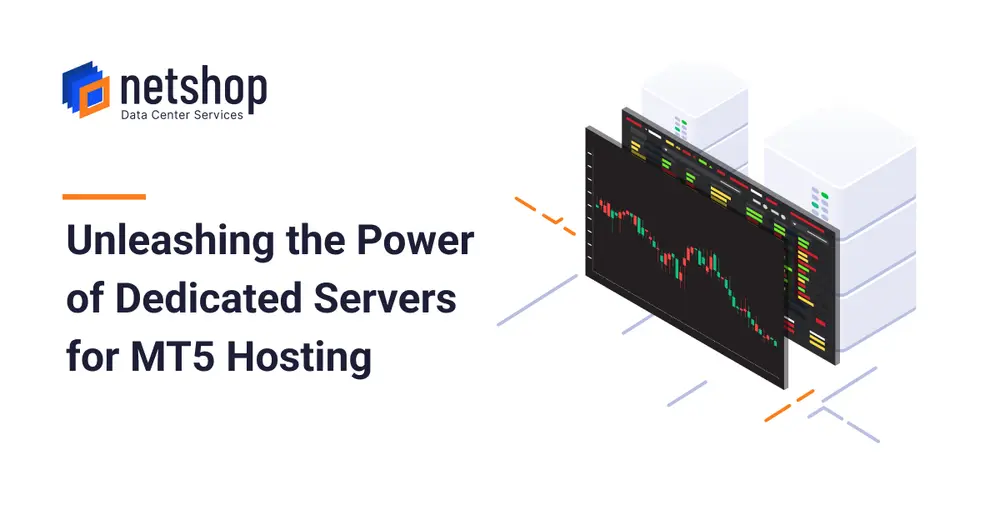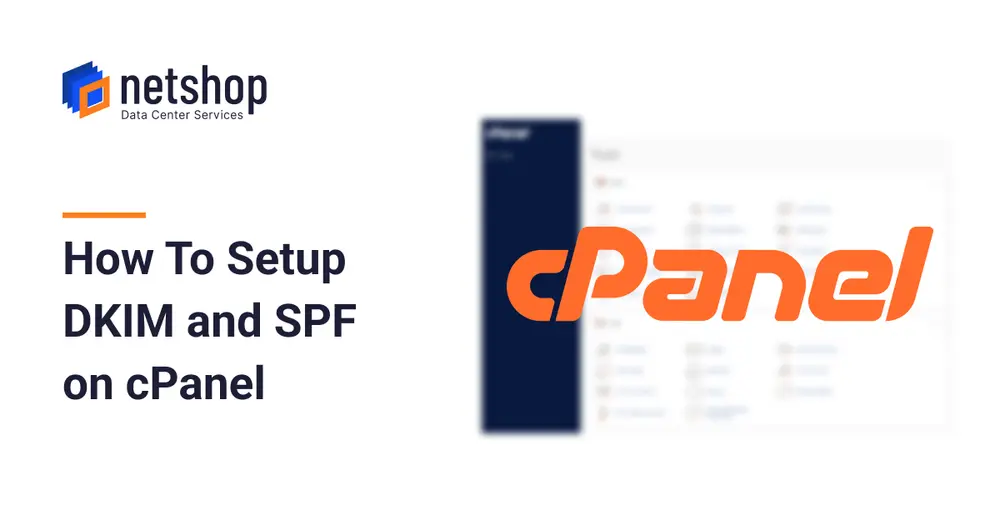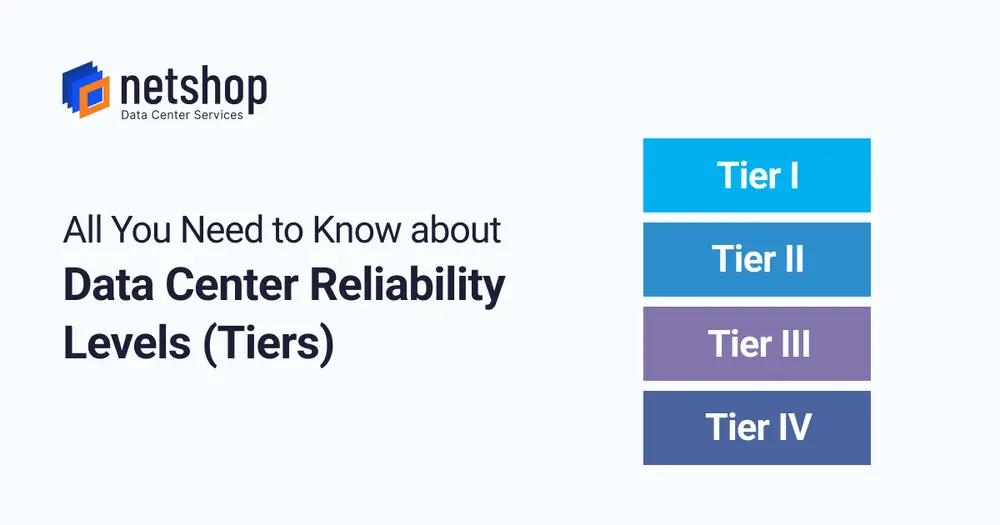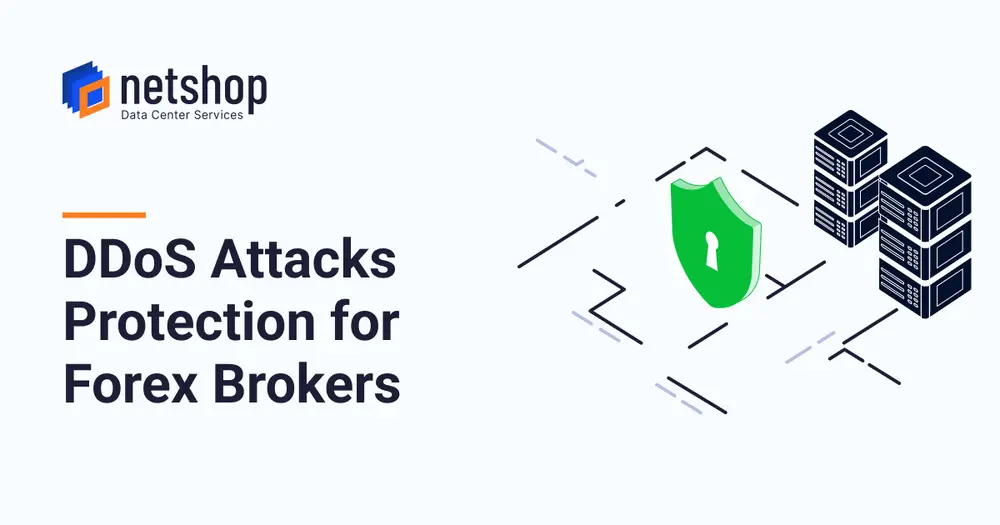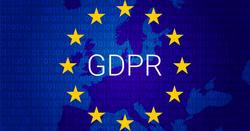The greatest changes in European information security law in over two decades produce results from Friday, May 25th, when the General Data Protection Regulation (GDPR) winds up enforceable.
To start with proposed by the European Commission in January 2012, its arrangements are specifically material in all EU states from Friday, and it replaces the 1995 Data Protection Directive.
The Data Protection Bill 2018, which actualizes the control here, and in addition a related law implementation order, was expected to be marked into law by President Michael D Higgins this week.
Regularly depicted as “innovation impartial”, the direction’s attention is on requesting responsibility from associations into how they gather and process individual information. It takes what is depicted as a “hazard based” way to deal with information insurance and forces new commitments, for example, required announcing of information ruptures inside 72 hours.
People have a principal ideal to the insurance of their own information under article 8 of the Charter of Fundamental Rights of the European Union.
While a great part of the attention on the progressions presented by the control has been on the new administration of managerial fines that might be forced by an information security specialist, the direction requires that any such fines be “viable, proportionate and dissuasive”.
Most extreme fines are up to €20 million or 4 for each penny of yearly overall turnover, whichever is the more noteworthy.
The direction fundamentally fortifies the privileges of people, will’s identity qualified for remuneration from associations where their rights are ruptured, regardless of whether they don’t endure material harm. The Irish enactment gives that such pay must be looked for in an alleged “information insurance activity” under the watchful eye of the Circuit Court, which has a fiscal ward of €75,000 or €60,000 for individual damage claims.
GDPR: What your business, association or club has to know
GDPR builds the commitments and obligations on associations for how they gather, utilize and ensure individual information. You should have the capacity to show your endeavors to conform to the control if the Data Protection Commission chooses to take a gander at your preparing of individual information.
The commission suggests that information controllers should survey and improve their hazard administration forms as actualizing GDPR could have huge ramifications for assets, particularly for more perplexing associations.
Audit all your security notification and ensure they precisely reflect what your association is doing. A legitimate protection strategy isn’t a lawful contract and ought not be composed in legalese. You may not cover your protection arrangement in a labyrinth of terms and conditions shrouded some place on your site.
You should “delineate” the information you hold, and report the reasons you hold it, how you acquired it, why it was initially gotten, and to what extent you intend to hold it.
Security of individual information is critical – is it encoded and how effectively open is it, both regarding physical and IT security?
Do you ever share the individual information you hold with outsiders, and on what premise may you do as such? On the off chance that so then the general population have a privilege to know this.
GDPR likewise commands a “protection by configuration” way to deal with information, where the security of people ought to be worked in toward the beginning of each task and item.
You should complete an information security/protection affect appraisal, especially if a task or item includes the utilization of new advances and the handling is probably going to bring about a high hazard to the “rights and flexibilities” of information subjects.
You may need to choose an information security officer. This applies if your association is an open body, or if the center exercises require “customary and efficient checking” of people on a vast scale.
In the event that a man whose individual information you are preparing demands their information (a “subject access ask for) you have one month to agree, and you may not charge for this. Under the old enactment an association had 40 days and could charge a most extreme expense of €6.35.
You should ensure you have the correct methods set up to identify, report and examine an individual information rupture.
GDPR acquaints required break warnings with the information insurance specialist. All breaks must be accounted for to the DPC, commonly inside 72 hours, unless the information is anonymised or encoded.
Any rupture that is probably going to make hurt an individual, for example, data fraud, should likewise be accounted for to the people concerned.
You are never again required to enroll with the Data Protection Commission.
You ought to guarantee you have appropriate contracts set up with your information processors.
Is it past the point where it is possible to begin now? All things considered, you ought to have begun around two years prior, yet it’s never past the point where it is possible to begin on your consistence commitments.
GDPR: What people need to know
GDPR gives you more noteworthy control over your own information, setting out unmistakably characterized rights and how you may practice them. Your own information incorporates anything that can recognize you, including in the event that it might be connected with other data an association holds keeping in mind the end goal.
Ordinarily it incorporates a name, an ID number, area information, a postal address, an Eircode, your perusing history, pictures or anything identifying with your “physical, physiological, hereditary, mental, monetary, social or social character”.
Associations must give you data about what they are doing with your information in a “succinct, straightforward, comprehensible and effectively open frame, utilizing clear and plain dialect”. This is especially the case for any data tended to explicitly to a youngster. For the reasons for the Irish Data Protection Act, the “advanced period of assent”, underneath which a parent or gatekeeper must give assent for the youngster’s information to be handled by online administrations, is 13.
Associations must get your information reasonably. They should gather no a bigger number of information than is fundamental for the reasons for which they intend to utilize it. They may not keep information about you since it may be “helpful” at a later stage. They should hold the information for no longer than is fundamental for that predefined reason.
They should keep your information sheltered and secure, and give you a duplicate of it on the off chance that you ask for it.
Where an association is handling your information it must give you certain data about the classifications of individual information it is preparing, the motivations behind the preparing, subtle elements of the outsiders it is being uncovered to, specifically where they are outside the EU.
You have another “right to information convenientce” which gives you the privilege to acquire your own information in a usually utilized configuration that might be perused by PC, and to move that information to another association without deterrent.
You have a privilege to have off base individual information about you amended.
You have a “right to be overlooked” or to have your information eradicated now and again.
You have a privilege to look for pay from an association where you endure material or non-material harm because of a rupture of the GDPR.
Shouldn’t something be said about all the GDPR “assent” messages? Why are they sending me these?
In the event that an association as of now has your agree to send you promoting messages, it shouldn’t send you messages requesting your assent now under GDPR. In the event that they have your assent they may as of now send you such emails under so-called e-privacy regulations.
– Read more about NetShop ISP and our GDPR Committment here.
– Read our Updated Privacy Policy here.
